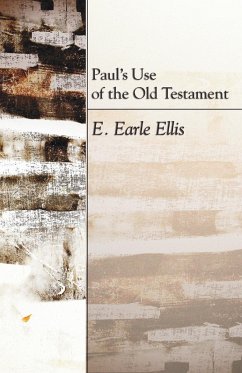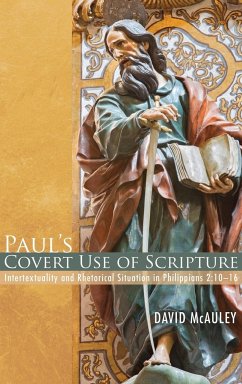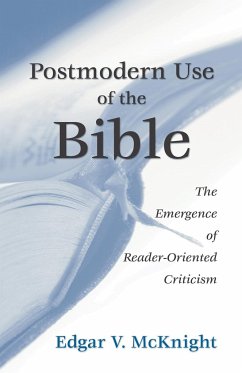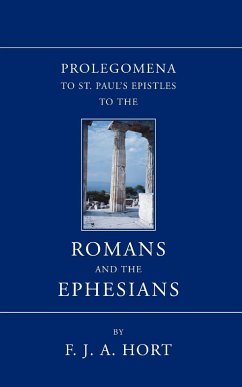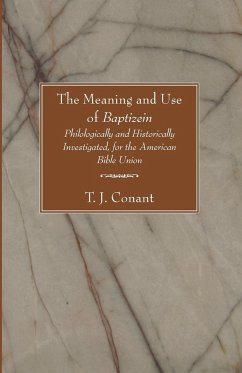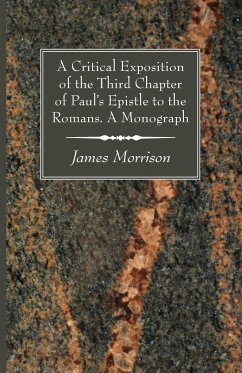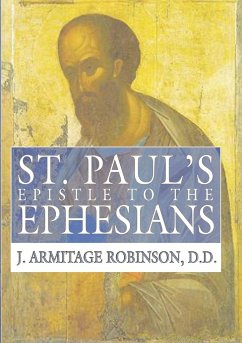The use of the Old Testament in the New has long been recognized as an important field of research,"" writes the author. Too often, however, the emphasis placed upon rabbinic and Hellenistic influences has tended to subordinate and obscure the unique place of the Old Testament in the minds and theology of the early Christian writers."" The purpose of this volume is to discover the rationale underlying the Pauline usage both in its textual manifestation and in its theological application."" The author concludes that, while rabbinic Judaism has influenced the mechanics of Pauline citation, one must look to the apostolic Church and to Christ Himself to find the primary source of the apostle's understanding and use of the Old Testament.""
Hinweis: Dieser Artikel kann nur an eine deutsche Lieferadresse ausgeliefert werden.
Hinweis: Dieser Artikel kann nur an eine deutsche Lieferadresse ausgeliefert werden.

